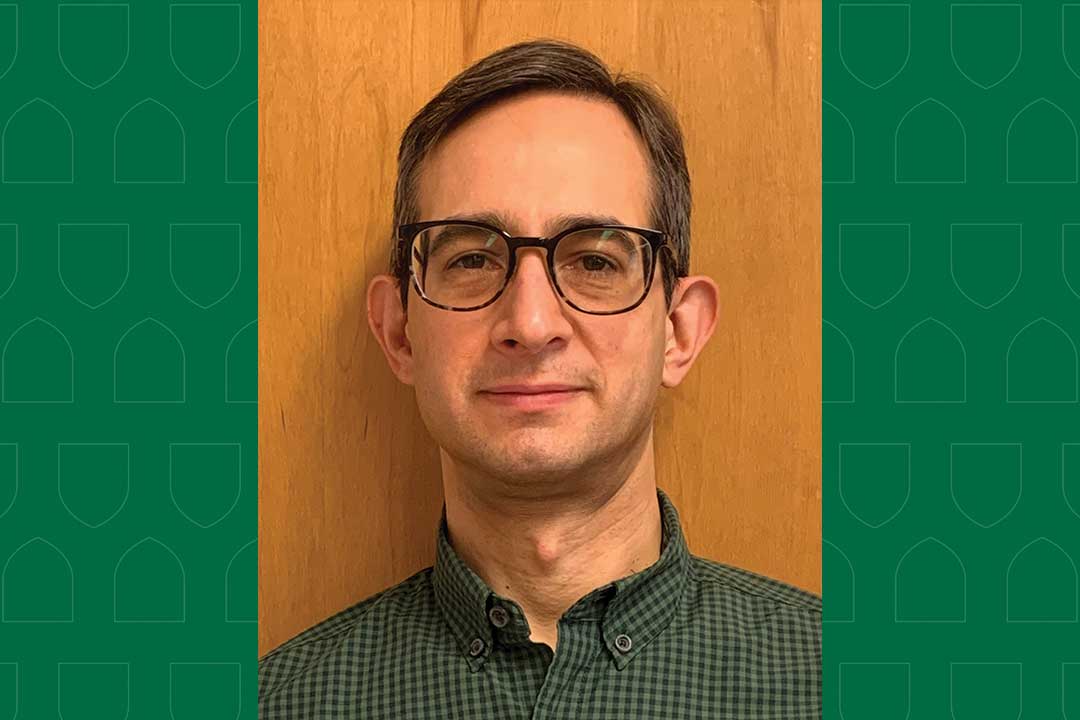
Getting to Know: Dr. Alex Rajput
A Q-and-A with Dr. Alex Rajput, a Professor in the Saskatoon Department of Neurology.
Could you provide a description of your background?
I was born and raised in Saskatoon and attended the University of Saskatchewan (USask) for undergraduate studies and medical school. I went to the University of Iowa for neurology residency; the rules changed for eligibility to sit for the Fellow of the Royal College of Physicians of Canada (FRCPC) examinations, and I required another year of residency (neurology training in the United States was four years, while in Canada it was five). I was grateful to get a PGY-5 training year at USask. Following that, I did a one-year clinical fellowship in movement disorders here, during which time I was offered a faculty position. I had not planned to stay in Saskatoon, but things worked out.
What is your area of research?
Movement disorders, which includes Parkinson’s disease and other parkinsonian conditions, essential tremor, and dystonia. The Saskatchewan Movement Disorders Program (SMDP) has been involved significantly with longitudinal follow-up of patients, including clinicopathological correlations and collaborative work with basic science colleagues.
Could you tell us about your ‘big moments of research’?
As a student I was co-author on a paper reporting that an expert clinician can be wrong up to a quarter of the time compared to the final pathological diagnosis. This was considered heretical at the time; the paper was initially rejected by one journal but won best paper of the year in the other journal. In 2014 we published on a novel gene causing Parkinson’s disease in a multigenerational Mennonite family – it took over 30 years from when the first person was seen in the clinic. I am currently following members of this family.
Do you have any messages for early-career clinicians on how to get involved in research? Or any messages for junior researchers?
I recommend making connections with people elsewhere in Canada and throughout the world if possible. While some research can be done as an individual or in a small local group, research has become a ‘team sport’ and it is essential to work with others.
Ideally you should have short, medium and long-term goals and know why you are doing or not doing something. Be able to say ‘no’ (or ‘not yet’). Be patient and adaptable, and do not compromise your integrity.
A few years ago, I met up with an elementary school classmate and he told me about pursuing his PhD. He wanted to work in a particular area but liked another supervisor more. He pursued the topic but did not find his training environment very supportive. The other mentor went on to win a Nobel Prize. Regardless how successful you and your mentor become, mentors should have your interests in mind, and any good relationship should be meaningful to both parties.
What are your future research aspirations?
My long-term goal is to be useful but not vital to the running of the SMDP. Succession planning is essential to maintain and advance a successful research program. I don’t have one specific project in mind at this point. There is enough to keep me busy.
Clinical medicine and research have become more complicated since I started. It’s exciting but not easy and some things take a while.
